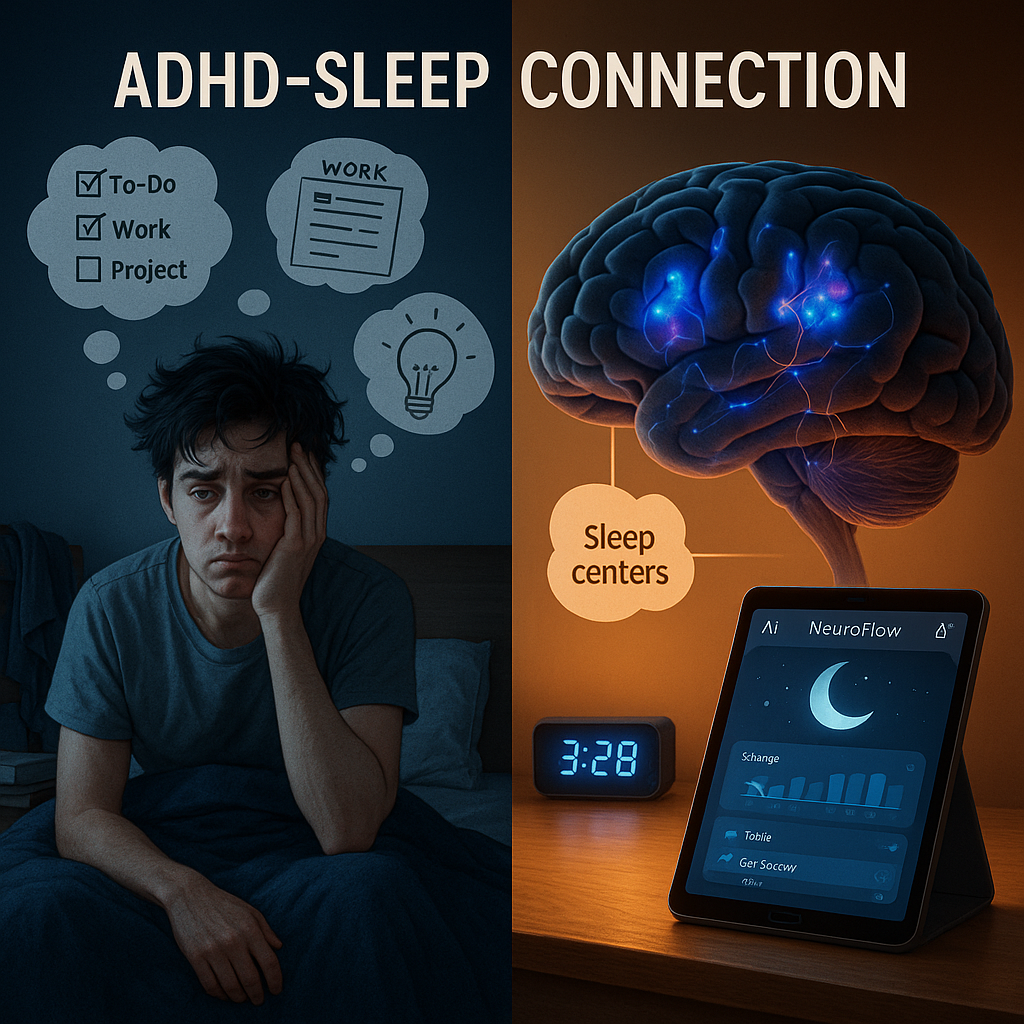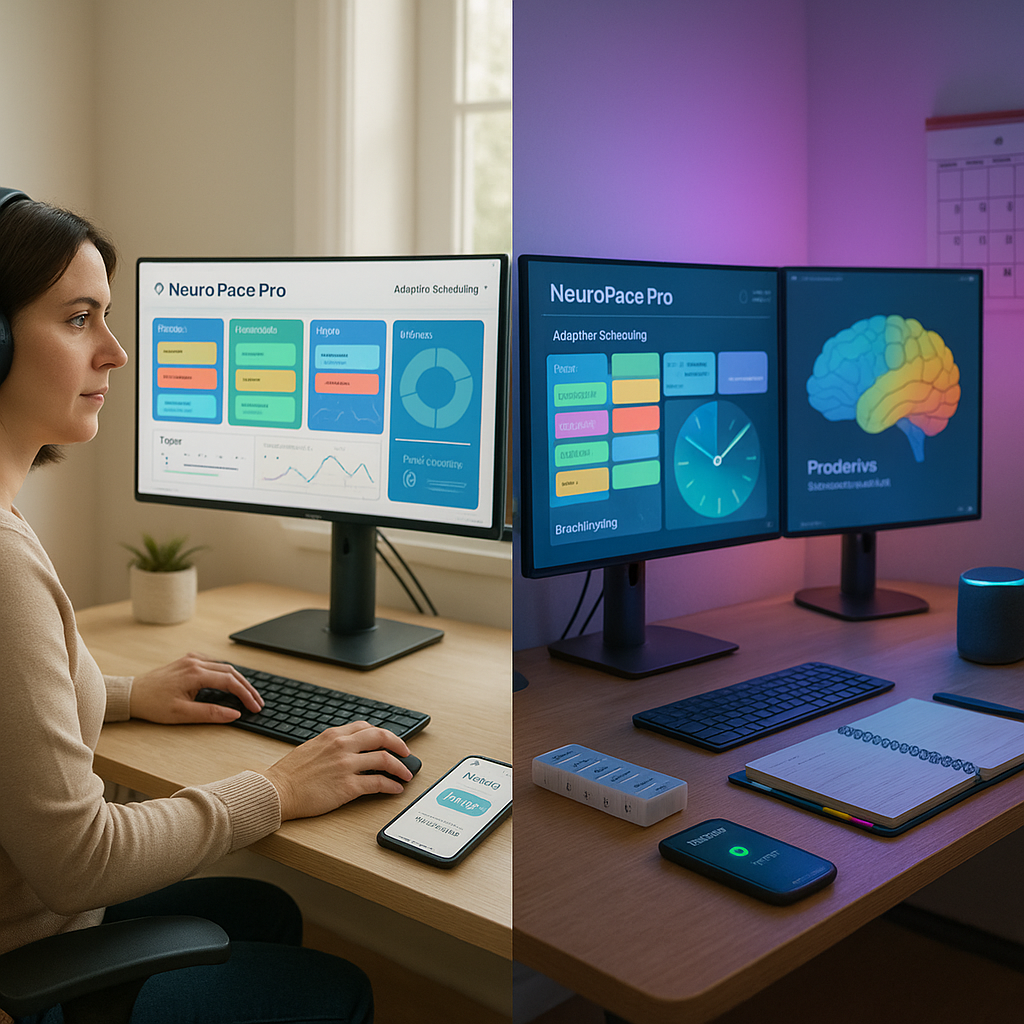Key Takeaways
- On 28 October 2025, the ADHD news review highlights new research revealing that insomnia has a major impact on life quality for adults with ADHD.
- Insomnia significantly reduces life quality in adults with ADHD, according to new research.
- Marketing payments for stimulant prescriptions to clinicians rose sharply from 2021 to 2023.
- A new AI-powered assistant app launches, offering tailored support for neurodivergent task management.
- Parents are now advised to delay ADHD medication in young children following recent research findings.
Introduction
On 28 October 2025, the ADHD news review examines new research demonstrating that insomnia considerably lowers life quality for adults with ADHD. A marked increase in stimulant marketing payments to clinicians from 2021 to 2023 also reflects ongoing changes in clinical practice. This update provides insights into evolving treatment standards and emerging technology supporting neurodivergent productivity.
Top Story: Sleep-ADHD Connection Research
A comprehensive study published in Nature Neuroscience has identified significant overlap between brain patterns linked to insomnia and the severity of ADHD symptoms. Conducted at 12 international centers, the research tracked 2,500 participants over a 24-month period using advanced neuroimaging techniques.
The study found that 68% of adults with ADHD experience chronic sleep difficulties, with disrupted sleep patterns directly impacting executive function and emotional regulation. Lead researcher Dr. Sarah Chen stated that the findings fundamentally reshape understanding of ADHD’s underlying neurological mechanisms.
Treatment protocols that combined sleep interventions with traditional ADHD approaches showed promising initial results. Participants receiving integrated care reported a 45% improvement in symptom management compared to control groups.
Also Today: Clinical Developments
Medication marketing study
A new analysis of pharmaceutical industry payments revealed $124 million in marketing spending directed at ADHD medication prescribers during 2024. The Journal of Medical Ethics report highlighted a greater need for transparency in prescription practices.
Industry representatives stated that these interactions support physician education about treatment options, while patient advocacy groups have called for stricter guidelines on marketing practices.
Early intervention guidelines
The American Academy of Pediatrics has released updated guidance for ADHD treatment in children under six. These recommendations emphasize behavioral interventions as the first-line treatment and introduce clearer protocols for medication use when required.
Also Today: Technology Innovation
AI assistant launch
Tech startup NeuroFlow has launched an AI-powered digital assistant specifically designed for neurodivergent users. The platform adapts to individual executive function patterns and provides contextual support for task management.
Early testing with 500 adults with ADHD showed significant improvements in project completion rates. The system’s ability to recognize and respond to individual attention patterns marks a shift toward personalized productivity tools.
What to Watch: Key Dates and Events
- 15 November: International ADHD Research Symposium in Boston
- 1 December: FDA advisory committee meeting on new ADHD medication applications
- 10 December: World Health Organization workshop on neurodiversity in workplace policy
- 5 January: Launch of major clinical trial on integrated sleep-ADHD treatments
Conclusion
The latest ADHD news review provides compelling evidence that poor sleep significantly impairs daily functioning for adults with ADHD, supporting the need for integrated treatment approaches. Increased scrutiny of stimulant marketing and evolving pediatric guidelines reflect changes in care and policy. What to watch: Upcoming research meetings and regulatory decisions in November and December are expected to further shape clinical practices and advocacy efforts.





Leave a Reply